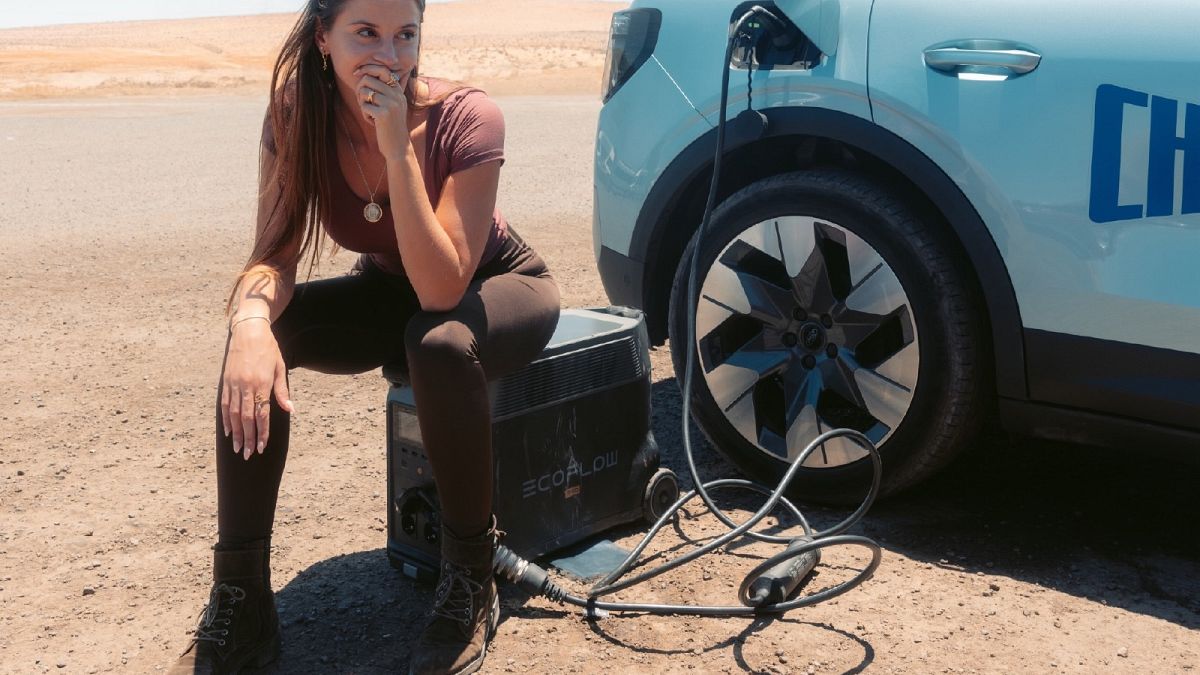NEW YORK — The words rang loud: “I love you, Rachel McAdams!”
Entertainment
Review | A bunch of Hollywood actors are on Broadway. Here’s our take on how they did.

And right now fans have a lot to be excited — or overexcited — about, because McAdams is one of four marquee names appearing in Broadway shows that are opening within days of each other.
While I jumped in surprise at that unexpected shout-out, McAdams remained composed and soldiered on. It was an impressive display of steadfastness for someone in her first Broadway show. And a demanding one at that: As the title character of Amy Herzog’s wrenching, often unexpectedly funny drama, which is presented by Manhattan Theatre Club, McAdams is onstage the entire time.
Mary Jane is the single mother of a toddler whose severe health issues require constant care and monitoring, and the play (which ran off-Broadway in 2017, with Carrie Coon) builds her portrait via a series of seemingly mundane conversations. McAdams appeared a little forced at the start of the performance I saw, a little actor-y, but her comfort level increased as she went along. And her innate warmth — something you cannot learn — lends itself perfectly to a character whose optimism, grit and good humor become a shield.
Like McAdams, Steve Carell is making his Broadway debut in a title role. A big difference is that he’s in a more ensemble-driven show, Chekhov’s “Uncle Vanya,” so he doesn’t have to carry as much of the weight. But let’s be honest: It’s unlikely that people would flock to this Lincoln Center Theater production, the umpteenth version of a familiar classic, if Carell weren’t in it.
The good news is that he has presence — something else you can’t learn — and handles himself well. The bad news is that he’s stuck in a rudderless staging (by the usually sharper Lila Neugebauer) that feels like a series of acting-school scenes held together by rough string.
Frustratingly, Carell’s every utterance seems to be greeted by a smattering of guffaws from the audience. Yes, he can lean into a line’s humor, and his Vanya has a sardonic bent, but Carell also commits to the character’s resentment and resignation.
The last is especially difficult to render onstage because it doesn’t lend itself to acting tricks. As Vanya’s niece (Alison Pill) fatalistically muses about the drudgery that awaits them — stuck in place and doing accounts for their estate — Carell remains silent, a cryptic look on his face. At one point he flashes a tight little smile. He makes the act of listening compelling, and that is hard to pull off.
Jessica Lange also has to maneuver her way through a wordless stretch, albeit a longer, more complex one, in Paula Vogel’s new “Mother Play,” from Second Stage Theater. During an evening alone in her apartment, her character, Phyllis, listens to music, microwaves a TV dinner and eats part of it, fixes herself some drinks, looks at her watch, occasionally smiles while lost in thought — all of this feeling as if it happened in real time. This may sound tedious on paper, but Lange, who couldn’t snuff out her movie star aura if she tried, moves through the scene like a glamorous, dreamily remote siren beached in suburbia.
Vogel’s semi-autobiographical piece is generous toward all three of its characters, but it is named “Mother Play” for a reason: Phyllis, inspired by the playwright’s own mom, is a devouring presence who looms over her children, portrayed by Celia Keenan-Bolger and Jim Parsons (alternatively funny and poignant in one of his best stage turns to date). She is 37 when we first meet her, in 1964, and Tina Landau’s production wobbles at the start because Lange is not entirely convincing in those early scenes (suspension of disbelief is a powerful tool, but it has its limits). She gains in both power and vulnerability as Phyllis gets older, as years and life pass her by. After three revivals of classics (she won a Tony for “Long Day’s Journey Into Night” in 2016), it’s also a delight to see Lange in a contemporary piece.
Her type of charisma is one of the reasons it’s silly to bemoan the casting of screen stars in stage works. Theater has a love-hate relationship with actors who didn’t build their name on the boards. It loves flaunting them in ads and parading them at the Tony Awards ceremony, while on the other hand going on and on about the special magic of theater-bred folks. Meanwhile, some fans mob stage doors — or yell during shows — but others decry what they perceive as casting stunts.
The reality is much more prosaic: Sometimes star power works onstage and sometimes it doesn’t. Which brings me to Eddie Redmayne.
Redmayne won an Oscar for “The Theory of Everything” and leads the “Fantastic Beasts” movies, but he is no stranger to the stage, and won a Tony in 2013 for his Broadway debut in “Red.” Now he’s back as one of the most outlandishly theatrical characters in existence: the Emcee in “Cabaret.”
Rebecca Frecknall’s immersive revival was described as audaciously dark when it opened in London in December 2021. The transfer now playing at the August Wilson Theatre, transformed into the Kit Kat Club after an extensive renovation, is overall trying way too hard, and so is Redmayne. This smug show doesn’t have enough edge to cut through cottage cheese.
In this version, the Emcee is a diabolical imp who rules over a decadent Weimar Berlin underworld, reflecting the destructive force about to take over Germany — he is not just an entertainer having wicked fun in some louche nightclub but an instigator and collaborator. It’s an interesting take, but Redmayne’s performance is so relentlessly stylized and so hampered by the songs’ glacial pace that it curls into itself like a desiccated husk. It felt impossible that “Cabaret,” of all shows, could ever be dull. That this production so relentlessly is must count as a feat of some kind.
Mary Jane, ongoing at the Samuel J. Friedman Theater in New York. 1 hour, 40 minutes, no intermission. manhattantheatreclub.com.
Uncle Vanya, ongoing at the Vivian Beaumont Theater in New York. 2 hours, 25 minutes, including an intermission. vanyabroadway.com.
Mother Play, ongoing at the Hayes Theater in New York. 1 hour, 45 minutes, no intermission. 2st.com.
Cabaret, ongoing at the August Wilson Theatre in New York. 2 hours, 45 minutes, including an intermission. kitkat.club.





:max_bytes(150000):strip_icc()/112124-nordstrom-makeup-deals-social-a0f2aee5c0a545408c24f2a45955690c.jpg)



